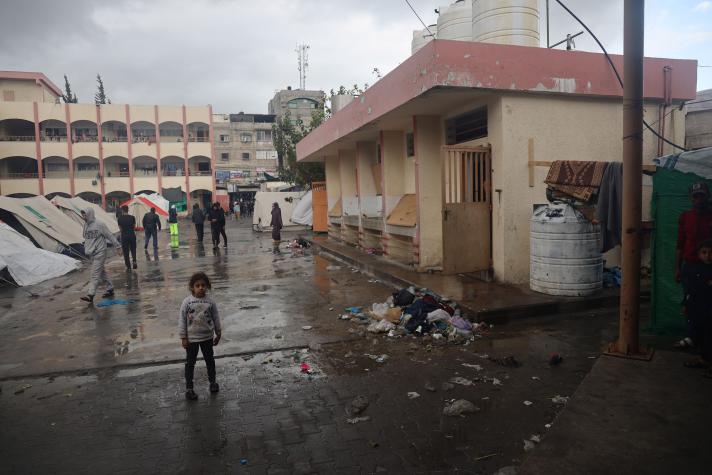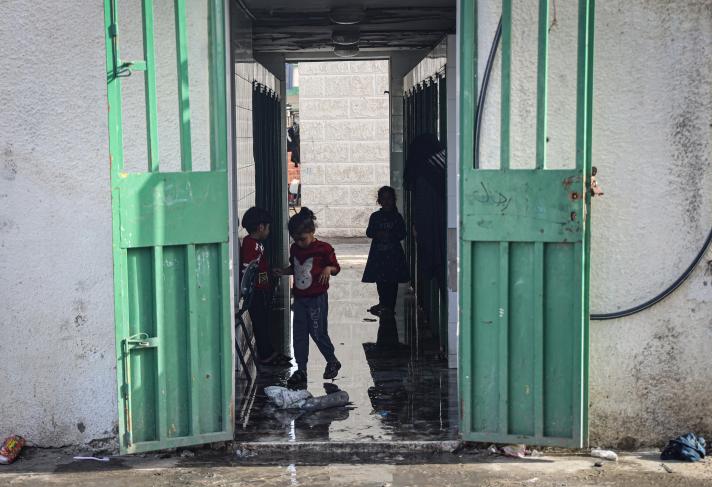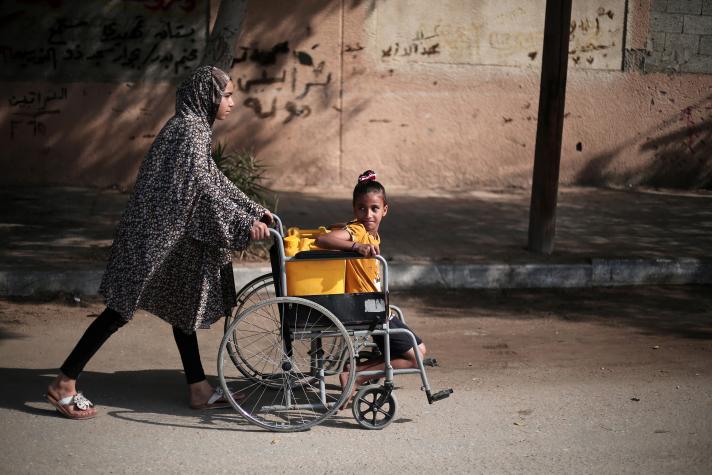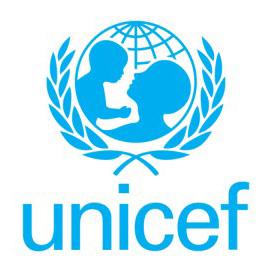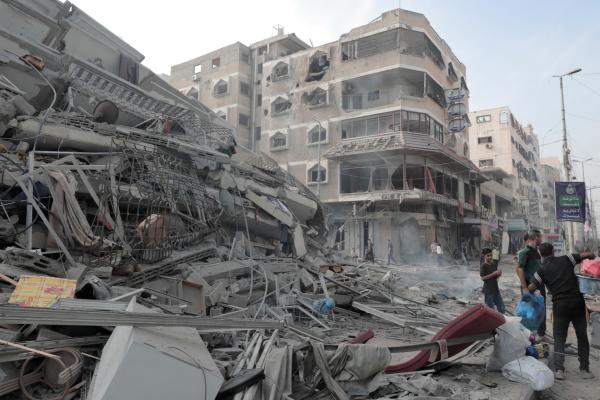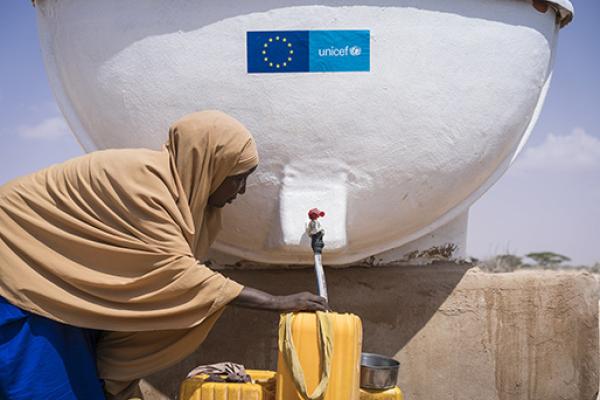“I have to wait 2 hours to use the bathroom; the line is very long, and there are lots of people in the shelter.” says Eman, a mother of 4, displaced by the war on Gaza. In the Gaza Strip, every day, displaced Palestinians line up in a long queue just to use the bathroom.
The overcrowding in shelters exacerbates their difficult living conditions, a situation that predominantly affects young children.
Eman and her children live in a tent at the Zahra school shelter in Rafah. They are among the thousands of families facing the daily struggle of accessing basic necessities, especially clean water and sanitation facilities.
“If we had some extra bathrooms, it would make it easier for us, especially for the children.” says Eman.
Access to adequate sanitation facilities is not just a matter of comfort, it is a matter of public health and dignity. With only 1 toilet available for an average of 700 people in shelters, the situation is extremely challenging.
Eman shares her concerns about the dire conditions her family is facing: “The school bathrooms are in deplorable condition and often not adequately cleaned,” she says with a sigh. In a place where cleanliness is crucial for health and well-being, this situation threatens Eman's health and that of her children.
But it does not stop there. Eman continues, “Due to limited water availability, I can only shower myself and my children once every 2 weeks”. The scarcity of water makes it a precious commodity in the Gaza Strip, and families must make do with what little they have.
And when they do manage to secure water, there is another obstacle:
“When we do have water, it’s often too cold to use, which can lead to illnesses for my children.” says Eman.
UNICEF and our partners work tirelessly to make a difference and improve the living situation of displaced Palestinians. Thanks to EU funding, they provide fuel to enable clean water production, and distribute water tanks, jerrycans, and hygiene kits to thousands of people, including children, in various areas of the Gaza Strip.
For example, UNICEF distributed collapsible 5 cubic meters capacity water tanks and 5,000 jerrycans, helping over 20,000 people in Rafah and Khan Younis alone. They also distributed over 43,000 litres of bottled water in Khan Younis to more than 14,000 people, including over 7,450 children.
UNICEF also supports the installation of private mobile latrines, serving over 10,000 people, half of whom are children living in shelters. Additionally, through the UN mechanism, UNICEF provides fuel to 1 wastewater treatment plant to support sewage treatment and safe water disposal, benefitting over 275,000 people in Rafah, including 140,250 children.
In Rafah and Der Al Balah, also hosting displaced Palestinians, UNICEF provided water and sanitation support for 22 shelters, benefiting over 90,000 individuals, including 46,000 children. UNICEF also continued its pilot programme, “Incentive-Based Programme” at Al Quds University, which engaged 7,005 workers in solid waste management interventions, benefiting over 30,000 individuals, including 16,000 children.
In any crisis context, access to clean water and safe sanitation facilities can become a matter of life or death. Together with UNICEF and our partners, we strive to bring relief to families affected by war and displacement, ensuring that access to these services becomes a reality and not a luxury.

